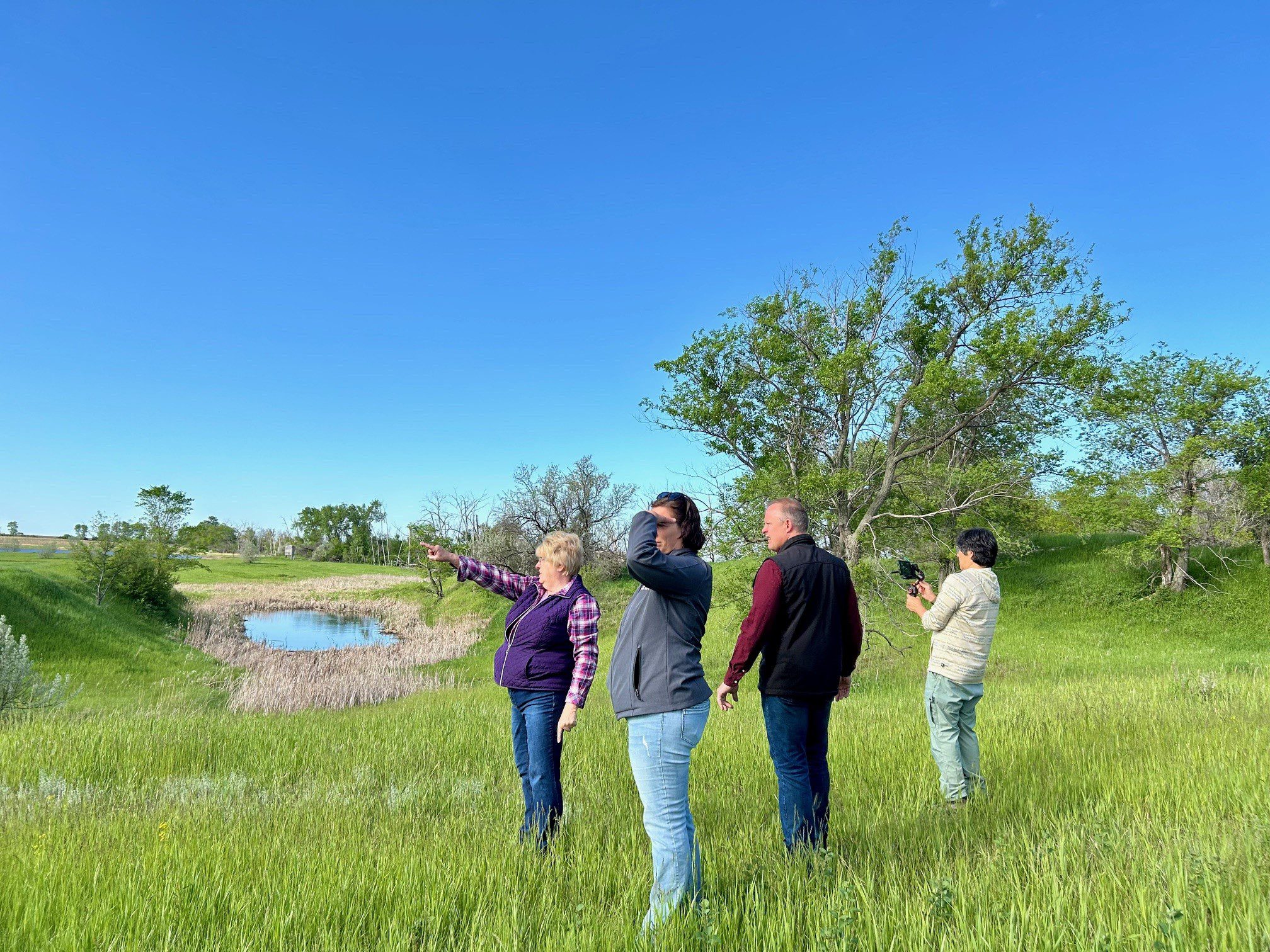NRCS Agricultural Land Easements


NRCS provides financial assistance to eligible partners for purchasing Agricultural Land Easements that protect the agricultural use and conservation values of eligible land. In the case of working farms, the program helps farmers and ranchers keep their land in agriculture. The program also protects grazing uses and related conservation values by conserving grassland, including rangeland, pastureland and shrubland. Eligible partners include Indian tribes, state and local governments and non-governmental organizations that have farmland or grassland protection programs.
Under the Agricultural Land component, NRCS may contribute up to 50 percent of the fair market value of the agricultural land easement. Where NRCS determines that grasslands of special environmental significance will be protected, NRCS may contribute up to 75 percent of the fair market value of the agricultural land easement.
NRCS also provides technical and financial assistance directly to private landowners and Indian tribes to restore, protect, and enhance wetlands through the purchase of a wetland reserve easement. For acreage owned by an Indian tribe, there is an additional enrollment option of a 30-year contract.
Through the wetland reserve enrollment options, NRCS may enroll eligible land through:
Grazing reserve rights is an option for landowners in the Prairie Pothole region in North Dakota. Please contact your local service center for more information.
For wetland reserve easements, NRCS pays all costs associated with recording the easement in the local land records office, including recording fees, charges for abstracts, survey and appraisal fees, and title insurance.
Agricultural Land Easements protect the long-term viability of the nation’s food supply by preventing conversion of productive working lands to non-agricultural uses. Land protected by agricultural land easements provides additional public benefits, including environmental quality, historic preservation, wildlife habitat and protection of open space.
Wetland Reserve Easements provide habitat for fish and wildlife, including threatened and endangered species, improve water quality by filtering sediments and chemicals, reduce flooding, recharge groundwater, protect biological diversity and provide opportunities for educational, scientific and limited recreational activities.
Land eligible for agricultural easements includes cropland, rangeland, grassland, pastureland and nonindustrial private forest land. NRCS will prioritize applications that protect agricultural uses and related conservation values of the land and those that maximize the protection of contiguous acres devoted to agricultural use.
Land eligible for wetland reserve easements includes farmed or converted wetland that can be successfully and cost-effectively restored. NRCS will prioritize applications based the easement’s potential for protecting and enhancing habitat for migratory birds and other wildlife.
To enroll land through agricultural land easements, NRCS enters into cooperative agreements with eligible partners. Each easement is required to have an agricultural land easement plan that promotes the long-term viability of the land.
To enroll land through wetland reserve easements, NRCS enters into purchase agreements with eligible private landowners or Indian tribes that include the right for NRCS to develop and implement a wetland reserve restoration easement plan. This plan restores, protects, and enhances the wetland’s functions and values.